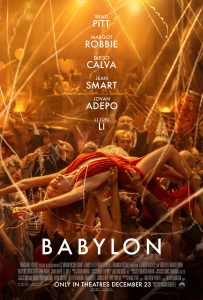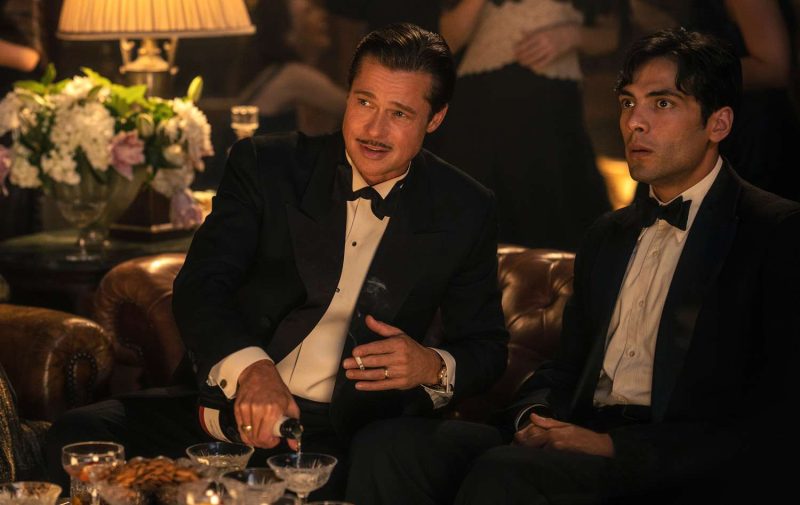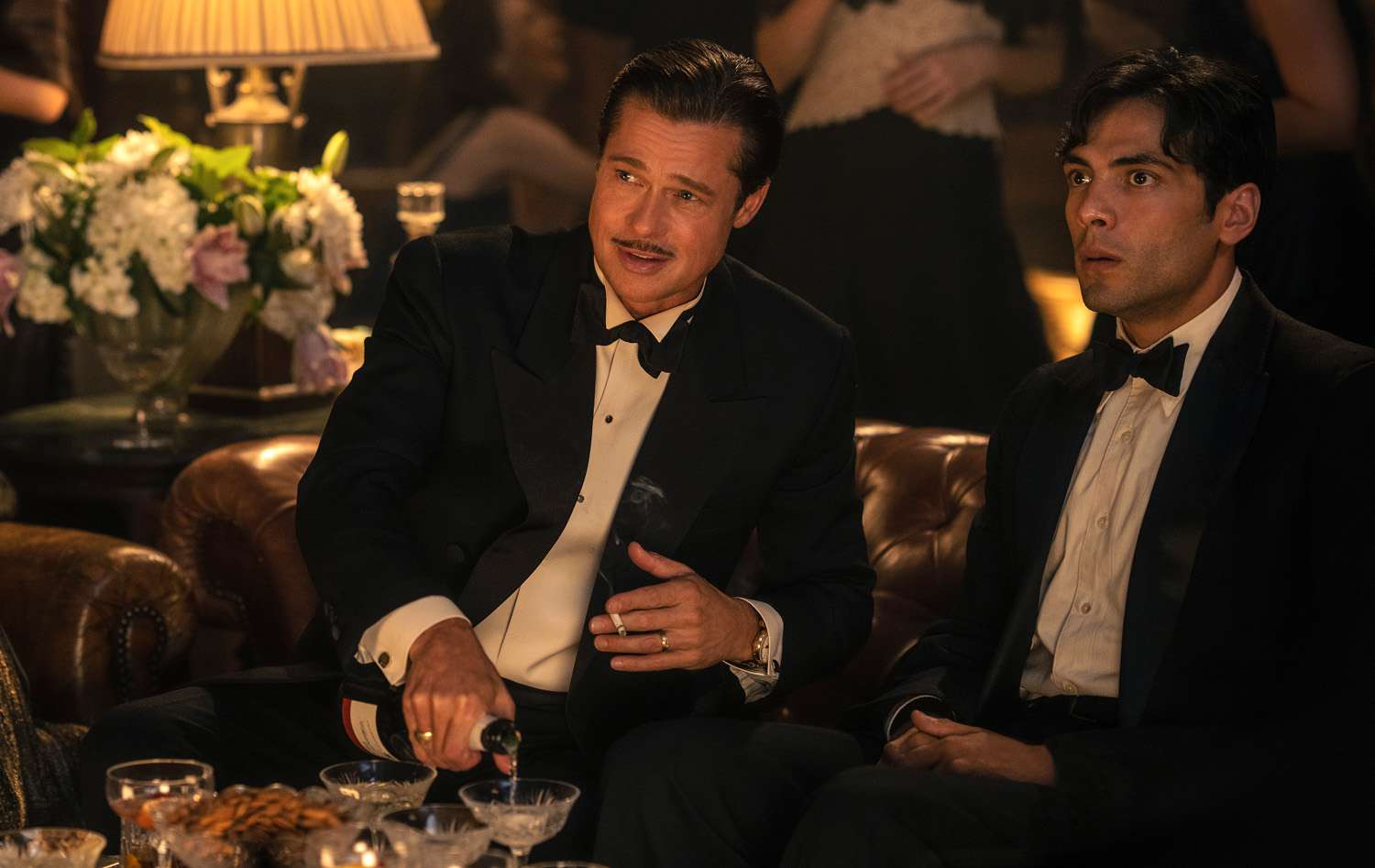
Hollywood careens through its anything-goes, silent-film era — leaving behind a trail of shattered dreams, ruined careers and fading memories — in Babylon.
The early years of filmmaking in America were a chaotic period filled with characters of every kind on both sides of the camera. The burgeoning industry pumped out its visual pulp as quickly and cheaply as possible, with those involved in its creation far more interested in living the life than in the work itself.
This devil-may-care attitude was a breeding ground for all manner of artistic expression and personal expansion that epitomized the freedoms of the Roaring Twenties. However, just over the horizon, a new challenge loomed that would forever change the industry and the world — talkies.
For now, it’s party time again at the palatial estate of a well-heeled studio exec. The screen explodes with explicit excess. Indulgence crashes headlong into impropriety. Skin rubs wantonly into bare skin — human or otherwise. Everyone wants in, and everyone that is in craves for more as the band cranks this drug- and drink-fueled frenzy into the stratosphere. Then things get crazy.
When dawn finally breaks, it’s time for the brief interlude of another random workday on another random set before the nightlife loops back around. Rinse. Repeat.
Writer/director Damien Chazelle (La La Land and Whiplash) crafts another entry in a long line of Hollywood films praising the industry. This time, Chazelle does so with a bad Baz Luhrmann (Elvis and The Great Gatsby) impression that misses its mark with every take.
This is a meandering, three-hour mess of epic proportions. Chazelle spends the first 90% of the movie regaling the audience with graphic tales of debauchery and destruction before trying to transform it all into a love story of the triumphs of Hollywood’s earliest years. It’s like a detailed treatise on the Holocaust, summarizing it as a great example in character building.
Chazelle’s version of Hollywood’s infancy focuses on five portals into the past. Douglas Fairbanks-like actor Jack Conrad (Brad Pitt) seems to have more or less stumbled into stardom and is desperate to believe that he’s creating something of substance… when he’s not passed out in a drunken stupor. Starry-eyed femme fatale Nellie LaRoy (Margot Robbie) knows that she’s destined for greatness regardless of the social norms that she refuses to accept. Lowly immigrant Manny Torres (Diego Calva) is willing to walk through, literally, any load of shit to make a name for himself in this budding business called filmmaking. Talented jazz trumpeter Sidney Palmer (Jovan Adepo) sports skills that catapult him ever upwards, but toward a ceiling of racism that impedes all Black performers of the day. Finally, there’s the enigmatic Lady Fay Zhu (Li Jun Li), whom I can only describe as a peripheral oddity on the fringes of stardom, but not quite fully embodied by it.
You get to know each of these characters as they haphazardly cobble together careers in an industry still finding its footing and discover their true calling as charismatic characters of the night.
Unfortunately, none of it really resonates. Palmer (the musician) and Zhu (the enigma) are wholly incomplete characters who raise far more questions — and eyebrows — than answers. Palmer’s story suffers the most since he’s reduced to a version of an idea of a hint of a cliché. Zhu gets only slightly better treatment before her otherwise intriguing story is dismissed with little fanfare. The real challenges that POC faced in that era of Hollywood are handled poorly or almost entirely ignored.
Much of the allure of the film is limited to its overuse of scatalogical humor and imagery designed more or less to shock everyone. It comes so often and so outrageously that any power that it might have had quickly devolves into disinterest. There’s a late sequence with Tobey Maguire that tries to double down on the depravity, but it’s just another muted fart in a run-down sulfur factory.
The only bright spots are the standout performances of an ever-electric Robbie and Olivia Hamilton (Chazelle’s wife) in a bit part as a determined director.
Chazelle’s 90/10 harsh break between themes tells me that he was likely unsure of exactly how to handle this material. The last 10% includes no fewer than five to seven different possible endings — none of them a match with the first 90%. This would have been a much better experience had he just kept the focus on the opening Gatsby-like party while introducing one key guest after another, inferring along the way their now-compelling backstories. Plus, it would shave a good hour or more from the unnecessarily long running time.
Yes, Babylon is bold and ballsy, but it’s also a bumbling, bungling bore.



